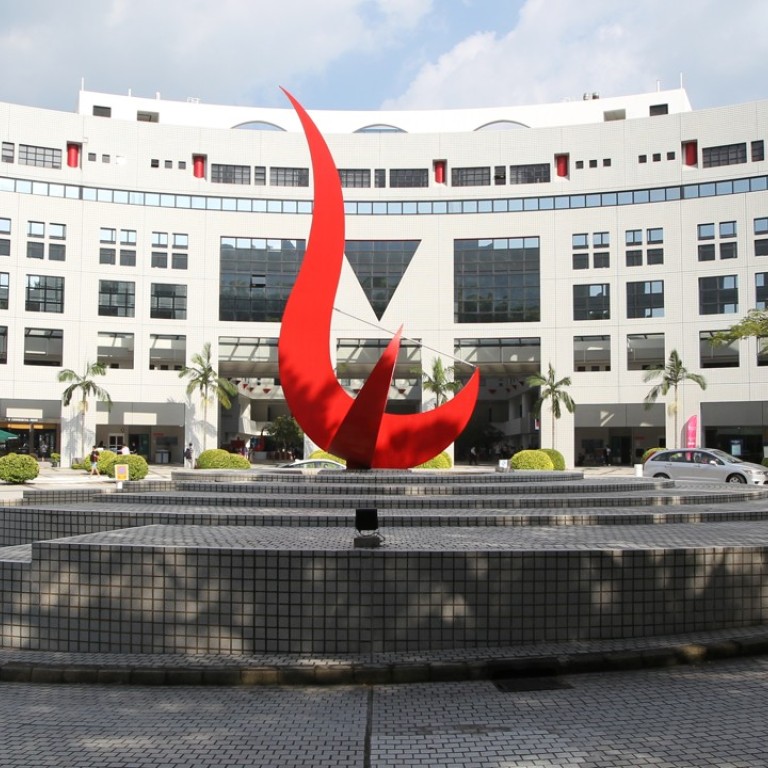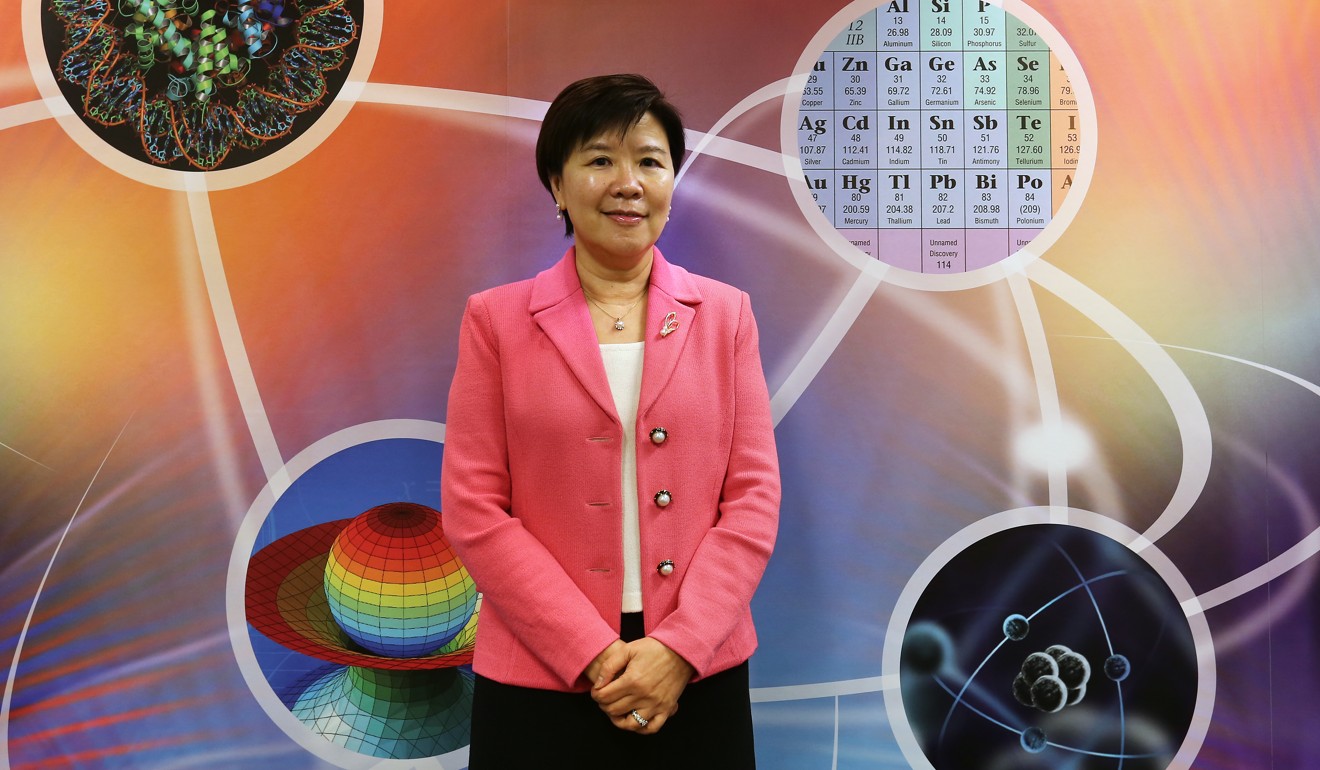
HKUST first when it comes to women in top positions at Hong Kong universities
Females make up half of the vice-presidents at the institution – the best among the city’s publicly funded universities
Half of the Hong Kong University of Science and Technology’s vice-presidents are female, making the gender representation at that level the highest among the city’s publicly funded universities.
The feat came after the university recently appointed Dr Sabrina Lin Man-yee as vice-president for institutional advancement, making her the second woman with that rank out of four at HKUST.
What Hong Kong can do to help women in work
Other publicly funded universities that also have women at that seniority are Polytechnic University with two out of five vice-presidents or provosts being female, Chinese University with two out of six, Education University with one out of three, and the University of Hong Kong with one out of seven.

Lin, speaking to reporters at a media gathering recently, revealed that 30 to 35 per cent of the university’s recent hires were female, quite a feat for an institution that focused mainly on male-dominated fields.
In addition, the university’s female faculty grew by about 80 per cent over the last 10 years, said Lin, a Hong Kong native whose appointment started in November.
Three Hong Kong universities in top 10 on Times Higher Education Asian rankings
Before joining HKUST, Lin held a number of executive positions at IT companies such as Cisco Systems and Hewlett-Packard. She was also co-founder of two start-ups in Silicon Valley, one of which focused on the commercialisation of educational research.
The university’s other female vice-president, Professor Nancy Ip Yuk-yu, an internationally known expert on neurodegenerative diseases, was appointed in November 2016. Ip is in charge of research and graduate studies. She was also HKUST’s first female dean.

Speaking ahead of International Women’s Day on Thursday, Hong Kong-born Ip shared how she managed to carve out a career in a male-dominated field.
HKUST research looks to TCM as a cure for Alzheimer’s disease
She said it was important for her to have role models, one of whom was Italian Nobel laureate Rita Levi-Montalcini, who was honoured for her work in neurobiology.
“Levi-Montalcini dedicated her life to science,” said Ip, who holds a PhD in pharmacology from Harvard Medical School.
How does Hong Kong compare with Europe when it comes to women-friendly workplaces?
“She worked every day up until she was 103 years old, when she passed away, going to laboratories to teach students and chat with them.”
Ip hoped she too could inspire female students who had an interest in science.
“I’ve been interested in science since I was in secondary school,” she said.
“At university, I did a chemistry study on a drug and that made me realise this was what I wanted to do in my career.”
HKUST ranked No 3 university in Asia, ahead of HKU
Ip further found her passion for studying the brain when she was doing research.
Her major research interests are in neural development and function as well as drug discovery for neurodegenerative conditions such as Alzheimer’s disease.
Ip was also grateful for her family’s support.
“My husband, son and daughter are all very understanding,” she said.
Ip helped set up policies at the university to help female professors, including reducing the teaching workload of those with a newborn baby.

